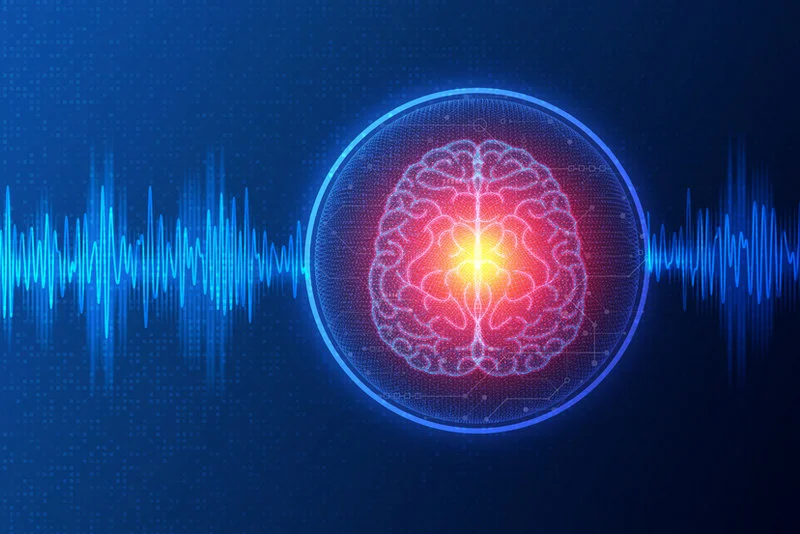Understanding Asperger’s Syndrome and Its Effects
Asperger’s syndrome is a developmental autism spectrum disorder impacting one’s capacity to effectively socialize and communicate. Marked by difficulties picking up on nonverbal cues, making eye contact, building relationships, and exhibiting restrictive behavior patterns, those with Asperger’s often struggle to advance socially, academically, and vocationally without proper treatment support.
While not officially a distinct diagnosis anymore, many still associate closely with the Asperger’s label when explaining lifelong neurological differences making certain interpersonal abilities challenging. The exact causes behind such sociocognitive differences remain unclear, though connectivity between brain regions facilitating social aptitude seems disrupted.


Importance of Ongoing Asperger’s Syndrome Treatment
Seeking diagnosis and tailored interventions allows individuals on the spectrum – children and adults alike – to better navigate a society not designed for their neurotype. From social skills coaching and counseling to sensory issue accommodation and leading-edge options like TMS for Asperger’s, today’s treatment landscape empowers each to mitigate obstacles and reach their potential.
Targeted assistance trains the capacity to pick up on social cues, make age-appropriate friendships, limit emotional reactivity, excel at school/career through personalized support, and establish an independent, fulfilling life where one feels accepted.
Innovative Treatment Options for Asperger’s
While most common Asperger’s treatments use behavioral analysis and coping strategies to teach missing social competencies and self-regulation tactics, emerging therapies like TMS for Asperger’s directly stimulate and strengthen neural pathways governing sociocognitive abilities.
Delivered alongside coaching, TMS as an add-on technique shows tremendous promise in helping those with Asperger’s better control reactions, improve conversational flow, deepen empathetic thinking, and manage life responsibilities through newly forged and fortified connections between brain regions developing these faculties.

Our Core Treatments
Depression & Anxiety
Our new dTMS device will go deeper and cover more area than traditional TMS, providing better results.
TMS for OCD
We now have the only device approved by the FDA and covered by insurance for OCD.
TMS for Addictions
Smoking cessation has recently been approved by the FDA for our Brainsway device. Talk to us about your addictions.
The Benefits of TMS for Asperger's
Transcranial magnetic stimulation utilizes MRI-guided electromagnetic pulses targeting key structures that influence social processing and communication capacities impacted in Asperger’s syndrome. TMS for Asperger’s excites networks dampening impulsive reactions while stimulating activity and promoting eye contact, emotional intelligence, and reciprocity.
Patients undergoing TMS for Asperger’s demonstrate faster social cue interpretation, heightened memory for faces/names, and increased insight into interpersonal dynamics. TMS provides lasting neural connectivity rewiring so social fluency continues improving long after treatment concludes. To learn more about TMS for Asperger’s treatment, contact our clinic today.
Get In Touch With Us
info@lifequalitytms.com
(718) 400-0867
(718) 4000-TMS
26 Court St., Ste 808
Brooklyn, NY 11201